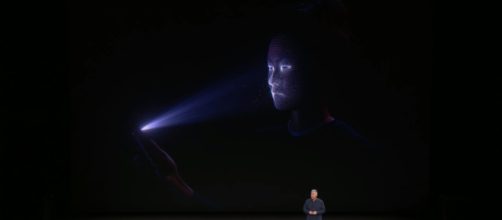Apple pushed innovation a little bit further with the release of the iPhone X last month. Users finally said goodbye to the Touch ID security feature that was introduced with the iPhone 5S and will probably end with the iPhone 8. The latest star of the show appears to be the new Face ID technology, which recognizes the user’s facial structure and unlocks the device even in the dark. However, it seems that some security experts believe that smartphone’s new feature will encounter problems in the future. We have gathered some of the possible setbacks that could affect the handset later on.
iPhone X and Face ID challenges with similar faces
The Cupertino firm boasted that their new security feature only has one in a million chance of being unlocked by anyone else. It is a noticeable improvement compared to the Touch ID system that was rated with a one in fifty thousand. Surprisingly, an experiment conducted by Mashable revealed an alarming problem. They found out that twins can easily unlock the phone as well as a mother and son.
Masks are another problem
Another report from Forbes uncovers another possible security risk with Face ID. It was discovered that Apple’s new system might have another flaw when it comes to facial recognition. It looks like hackers can bypass the iPhone X’s biometric security using a mask.
This was reportedly proven by Bkhav, a cybersecurity firm from Vietnam when it used a mask worth $150 and a printed set of eyes to trick the smartphone.
Privacy issues
Convenience and security might be the key selling point of Face ID, but the user’s privacy might be at risk. The company is reportedly sharing the information it has gathered with third-party developers. While Apple is known for keeping customer data safe, there is a possible chance that it could be hacked the moment it leaves their servers.
Unlock process might be a hassle for some users
Some users recall some of the overlooked usefulness of Touch ID. The new facial recognition security system requires users to hold out their smartphone like they would when taking a selfie.
This is obviously a problem for people who want to discreetly access their unit. Moreover, there were reports wherein certain lighting conditions made it difficult to unlock the device.
Conclusion
Feedback regarding Apple’s decision to go with Face ID has been met with both approval and complaints from its users. The knowledge that your personal data is being shared by the company with third-party developers is definitely alarming. Gone are the days wherein users can securely unlock their smartphones in a discreet manner. All of these are the sacrifices consumers have to live with, in order for innovation to take its next step with the iPhone X.


